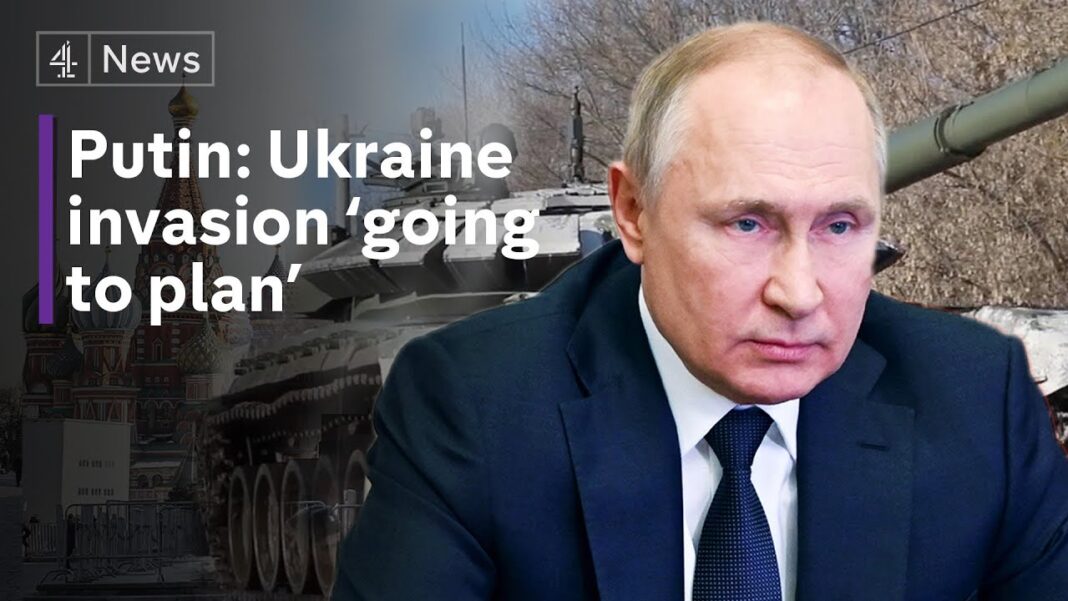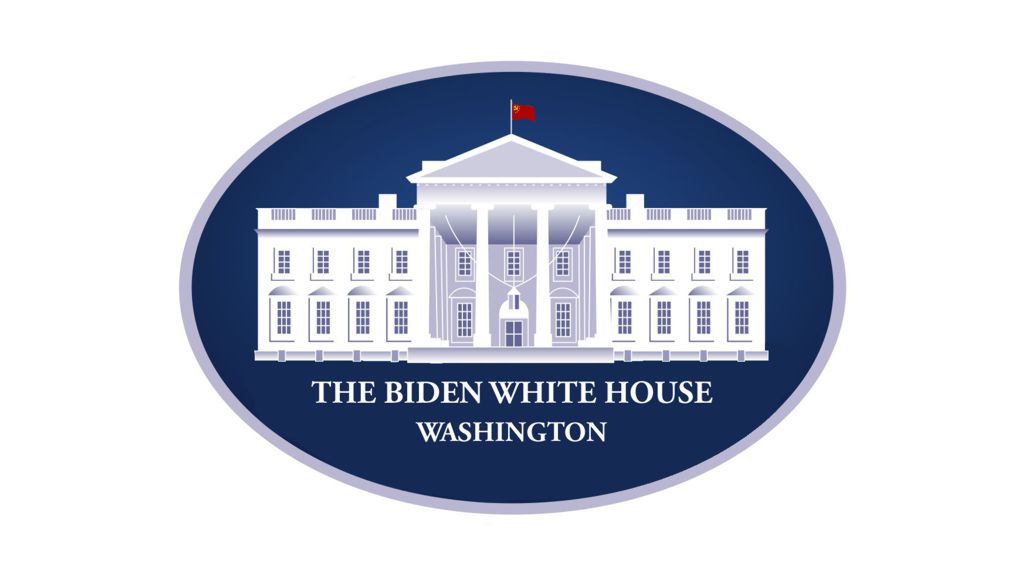
The lockdowns mark the start of a ride we can’t get off.
Two years ago this week, the United States shut down. Churches, schools and businesses went dark. Weddings, funerals, and birthdays went silent. City streets stood empty, with an eeriness closer resembling occupied Paris than the bustling hubs they’d been just days before.
Two years later, as the last of the mask mandates for school children falter and crack, it’s tempting to believe our nightmare is finally over. Just as the disease is going to haunt us a long while, however, so too will the effects of how we tried to fight it.
Americans’ relationships with our politicians, bureaucrats, schools, media, police, and churches are fundamentally altered. Indeed, the entire West’s relationships with these major segments of society are forever remade. As we look out on the wreckage of two years of Covid policies, as well as our spiking fuel prices, rocketing inflation, a contested election, a Chinese Olympics, and a land war in Europe, it’s increasingly clear that, far from standing at the end of a dark era, our civilization teeters unsteadily at the very beginning of one.
It’s hard to notice at first. The modern West has become so accustomed to a slow, steady decline — the kind Merle Haggard sang about, and Ronald Reagan ran against — that complaining about it has become cliché; like the angry old man waving his cane.
More than that, it’s very tempting to view the past two years as separate from our other major problems. But just as Black Tuesday began an era marked by the Depression, the Dust Bowl, the New Deal, the Second World War, and a fundamental reshaping of the American life, so too will the Lockdowns mark the start of a ride we can’t get off.





